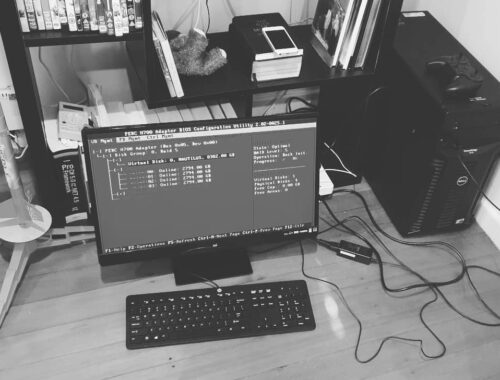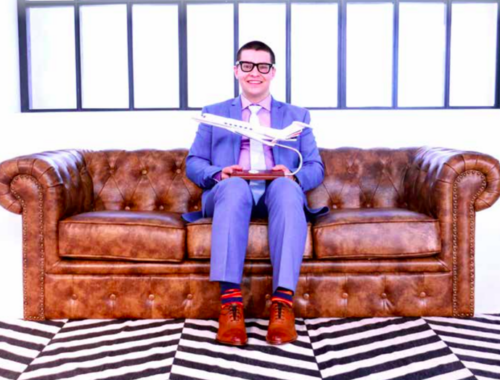10.000 Hours
I have been reading “Outliers the Story of Success” from Malcom Gladwell and wanted to share couple segments from a chapter that I really liked: the 10.000 hour rule
Normally we may think innate talent and luck is everything, but that chapter starts sharing a research done in Berlin Academy of Music by K Anders Ericsson:
Amateur pianists never practiced more that about 2 hours a week and by the age of 20 they had totaled 2.000 hours of practice. The professionals, on the other hand, steadily increased their practice time every year, until by the age of 20 they had reached 10.000 hours.
Most revealing, they could not find any natural musician who effortlessly floated to the top while practicing a fraction of the time their peers did. The research suggested that once a musician has enough ability to get into a top musical school, the thing that distinguishes one performer from another is how hard he or she works. The people at the very top don’t work just harder or even much harder than everyone else. They work much, much harder.
Researchers have settled on what they believe is the magic number for true expertise: 10.000 hours.
Michael Howe (Genius Explained) said Mozart early works are not outstanding. The earliest pieces were all probably written down by his father, and perhaps improved in the process. Many of Wolfgang’s childhood compositions, such as the seven of his concertos for piano and orchestra, are largely arrangements of works by other composers. Of those concertos that only contain music original to Mozart, the earliest that is now regarded as a masterwork (No 9 K 271) was not composed until he was twenty-one: by that time Mozart had already been composing concertos for ten years.
The music critic Harold Schonberg goes further saying Mozart “developed late”, since he didn’t produce his greatest work until he had been composing for more than twenty years.
Billy Joy (Sun Microsystems, Java programming language and UNIX). By 1970 computers were extremely expensive but Billy was lucky enough to find a time-sharing system to start programming
“At Michigan, I was probably programming eight or ten hours a day, by the time I was at Berkeley I was doing it day and night. I had a terminal at home. I’d stay up to 2 -3 o clock in the morning. I was still relatively incompetent even when I got to Berkeley. I was proficient by my second year there. That’s when I wrote programs that are still in use today, thirty years later”. Counting the time needed to get to that point, from Michigan 1971, summers days and nights in his first year at Berkeley he said “then thousand hours? that’s about right”
Bill Gates (Microsoft) was lucky enough to have access to a computer club and to start programming during college. He continued doing it since he was 15 on average of 8 hours a day, 7 days a week. By the time Gates dropped out of Harvard he had been programming practically nonstop for seven consecutive years. He was way past the ten thousand hours
Talent and to be in the right place at the right time is just part of the formula. The people at the very top don’t work just harder or even much harder than everyone else. They work much, much harder
On the other hand if we are working hard already and results are not yet visible, we need to keep in mind that rule, as it may take years of effort and practice to get the results we want
So the moral is keep working hard, work harder, improve a bit every day, every year and never give up !




